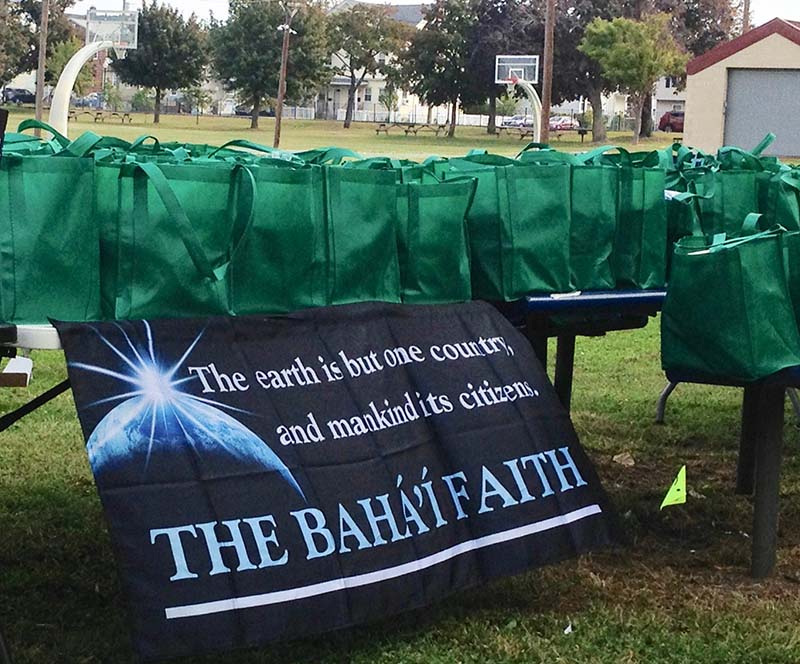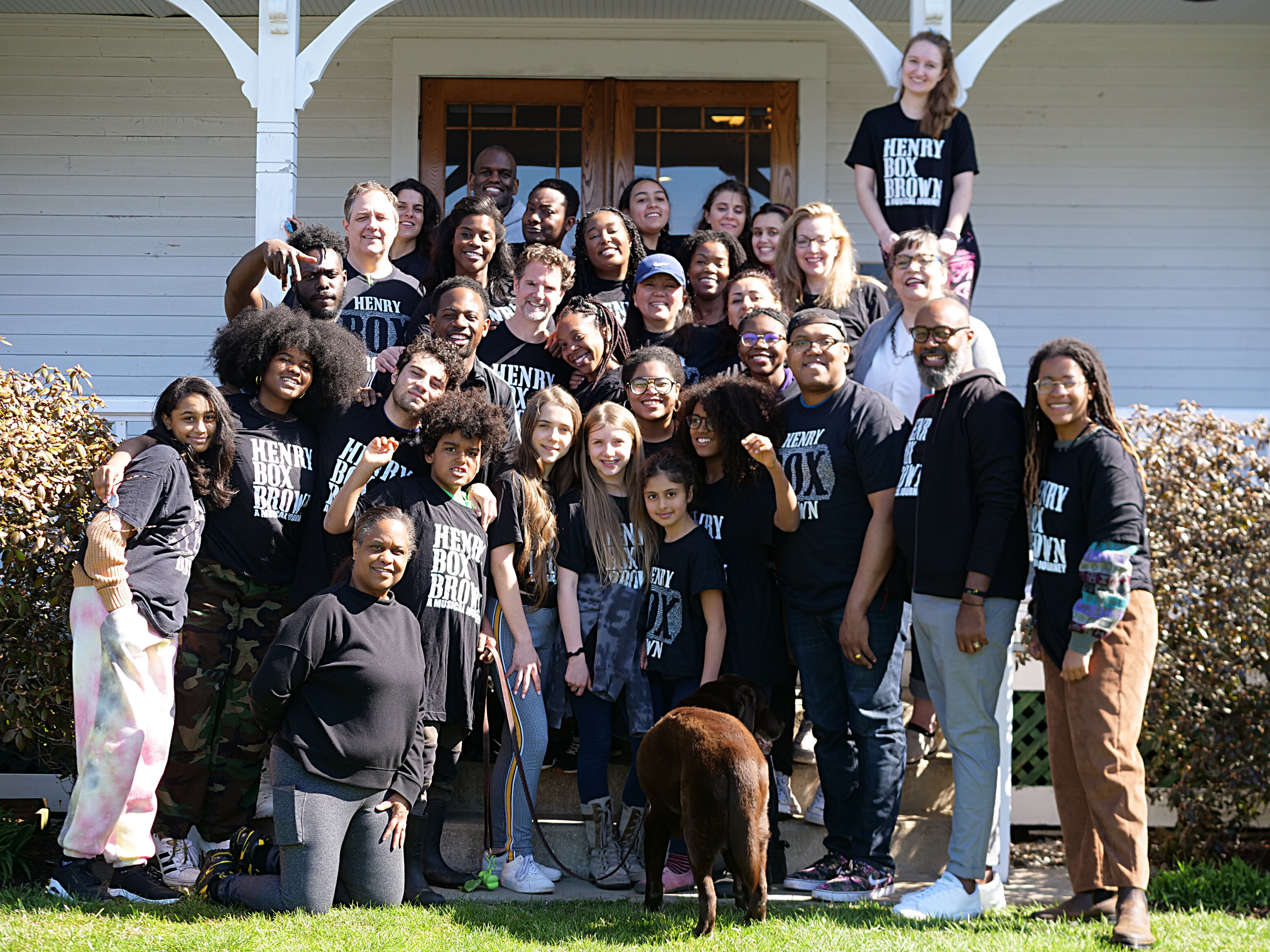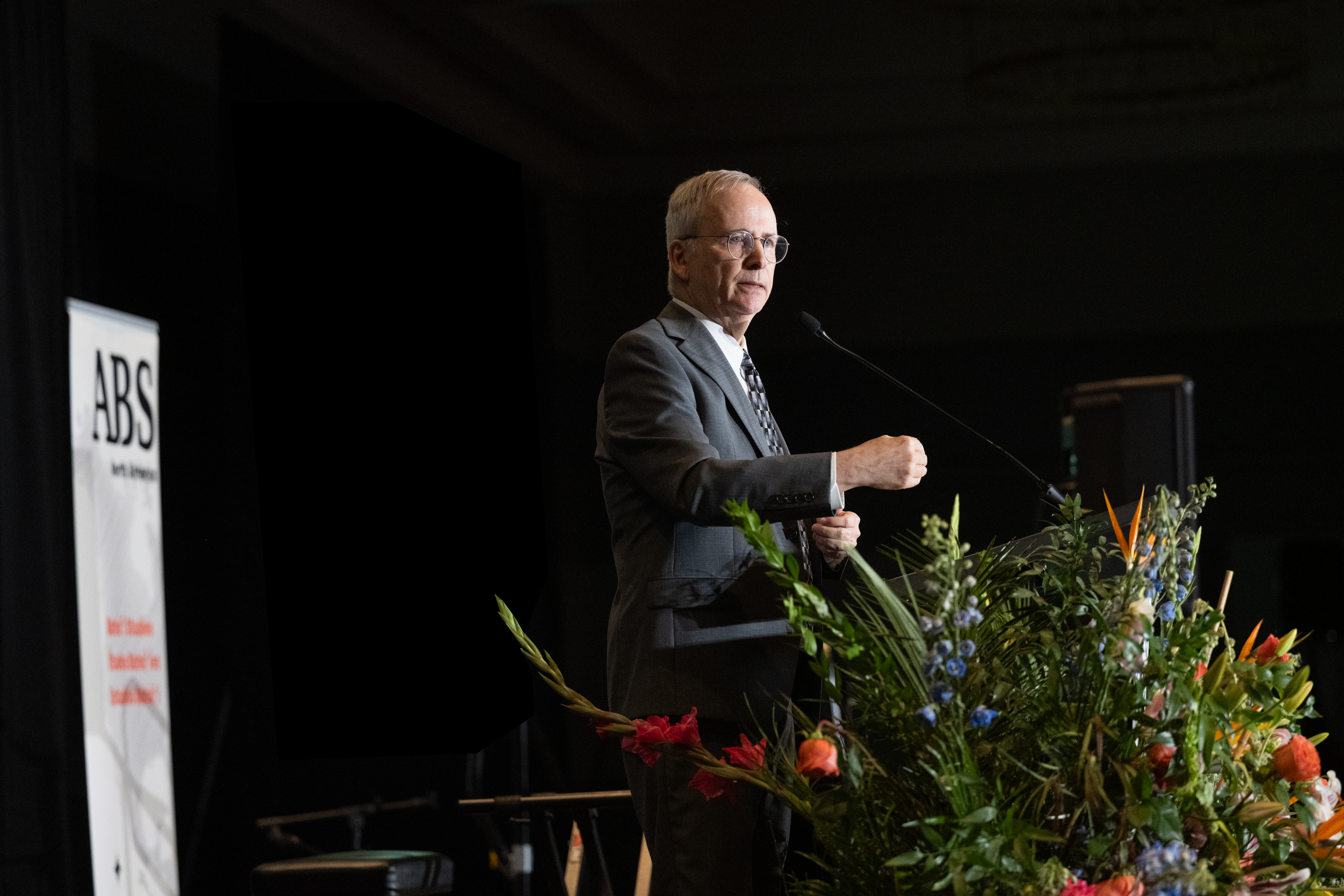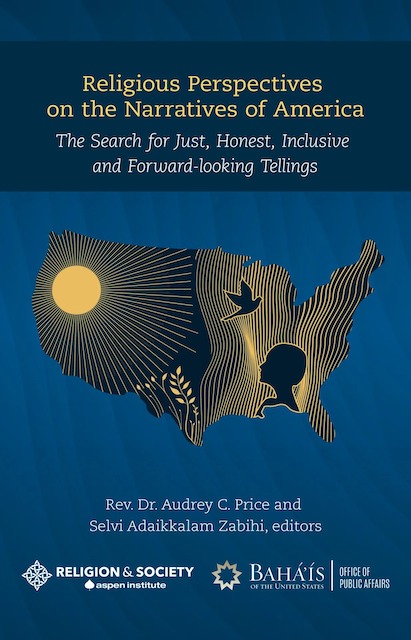
Unifying efforts flow through food drive in Connecticut
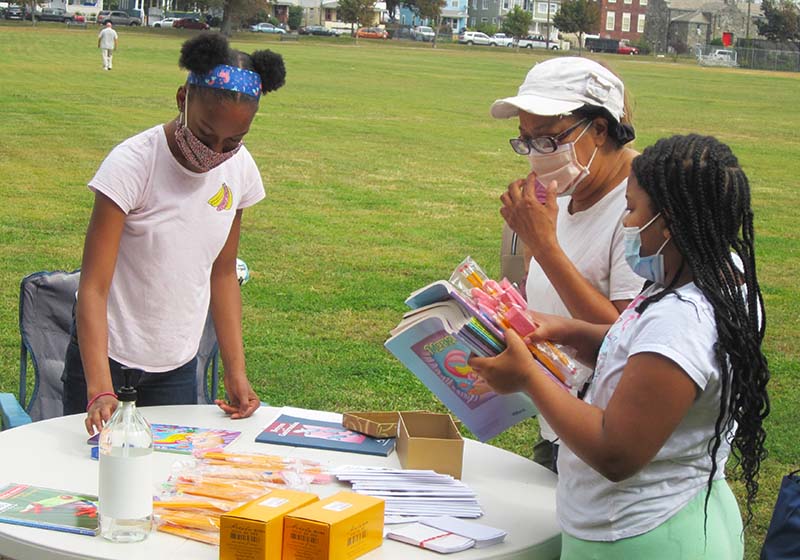
Reported by Yasmin Roshanian
As COVID-19 cases continued to surge globally, Baha’is and friends in Bridgeport, Connecticut, collaborated with churches and community organizations in fall 2020 to host a food drive for a community that has been devastated by the pandemic. With the assistance of a junior youth group, the initiative aimed to offer vital resources to an estimated 200 households in need.
The initiative also offered a space for fellowship, prayer and community, and it addressed the impact of the pandemic, the need for restored community, and the racial inequities that have come to light in the months since COVID-19 hit.
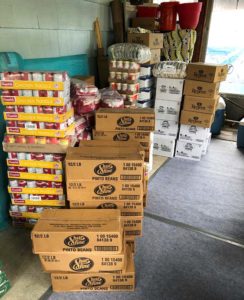
The initiative emerged after Baha’is and friends “were having conversations about things we could do to serve the community. A lot of times, the East End of Bridgeport is ignored,” says Tanya Livingston, a local Baha’i.
Livingston and her mother researched the possibility of donating food and clothing. They also pondered how they might help get neighborhood youth involved in the junior youth program, which helps spiritually empower those of middle-school age and build their capacities in service, often with older youths as mentors.
So Livingston contacted Baha’is living in the East End, as well as garnering the support of local organizations. Concerns arose early on, particularly regarding funding, their limited timeline, and resources such as space and storage.
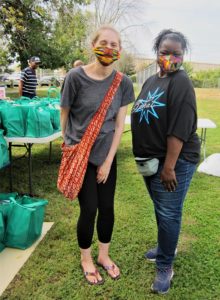
Tara Clarke, a Baha’i who recently moved to the East End to assist in community-building efforts, welcomed the effort, as “the East End … is a food desert that is predominantly African-American, and very underserved. There were two components; racism and COVID, that were impacting it.” It was important, she adds, to examine what was happening in the neighborhood already, “and we needed to work with those who were indigenous to the community.”
Together they consulted with local churches and a food bank that was working to offer food and resources and they formed a team together.
Notes Livingston, “This is a neighborhood where there’s low income; people are out of work,” especially due to the pandemic. “And as I reached out to other churches to collaborate, I realized that the other food banks had been closed since March, and were not giving out any food.”
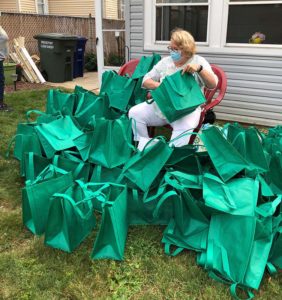
Conversations with pastors of a variety of races and backgrounds revealed patterns of negligence that had impacted the community. As the effort unfolded, Livingston saw that it could lead to future unified projects.
Flyers calling for assistance were distributed at a park ahead of time. And the drive took place on Sept. 26, 2020.
Many people the team encountered at the drive asked how they could support future efforts, Clarke says. “We had people who were coming up to us and asking, ‘How can I help next time? I don’t want to just be taking this service. I want to help provide it.’ You saw that spirit within the neighborhood.”
Livingston had many friends of various backgrounds who were eager to offer service. “I was just amazed at how many folks came and said, ‘I’ll be there. Whether it’s to pack a bag, whether it’s to help at the park, whether it’s to do all of the above.’ It was really nice to see.”
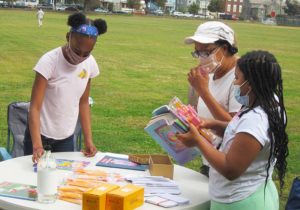
At the park, people of many backgrounds and faiths got into conversation, Clarke says. Junior youths “were directly talking to members of the community about what they had been involved in. There were material needs and spiritual needs that were being met.”
In their turn, many of the parents and families in those conversations talked about efforts they had already made to strengthen community life. Clarke says the atmosphere was spiritually rich, and some residents were interested in the Baha’i-inspired process of spiritual training for community-building services.
In planning future initiatives, the Baha’is and friends in Bridgeport say they will be looking to involve more people, acknowledging the limits created around the pandemic. “We have to think about what we can do, and be safe in the process,” Livingston says.
